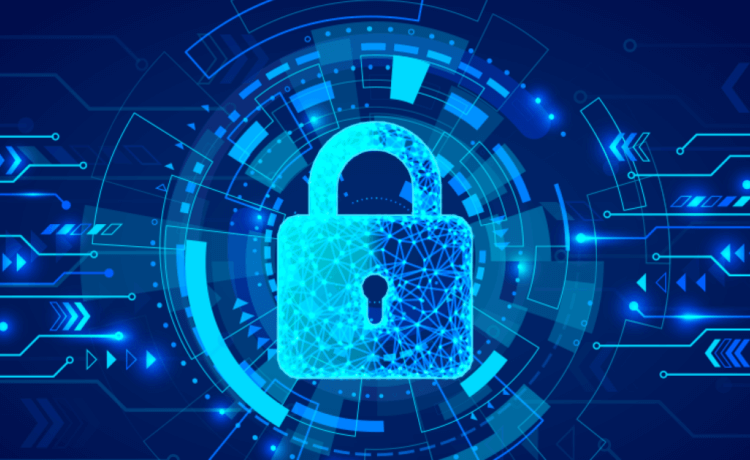With the development of technology, increased use of social media, and easy internet accessibility, the wall between the personal and the public spheres is gradually getting blurred. Suppose you purchase items from an e-commerce site regularly and since your details are already stored, you do not need to enter them every time you buy something. Indeed, that saves a lot of time and patience, but did you ever think your personal data might be leaked if the system is ever hacked?
Owing to such privacy issues, the world around technology has evolved significantly to ensure data privacy and several ways in which you can protect your personal information while you are online.
How is your privacy violated?
In pursuit of access to your personal information, major companies will obtain and store this information with the user’s consent, in the form of privacy policies. However, some digital platforms may resort to simply taking a user’s information without their consent, in the three following ways:
- Snooping and spying- gathering information, the user has not consented to
- Information mishandling- storing and tracking a user’s online activity and preferences that can be accessed by any third-party digital platform
- Location tracking- storing data about a person’s whereabouts that can put anyone to risk in the event of a data breach.
The user is generally unaware of the data that is being stored by the apps and digital platforms one uses. These data are not end-to-end encrypted and the platforms themselves are problematic as even their security policies pose a tremendous vulnerability to a data breach or a hacking attack and are sometimes visible to third party apps.
Regulations on online privacy
As of now, there are no fixed regulations or policies that combat the issue of privacy violation. There are no regulatory bodies or supervisory bodies to check privacy policies or keep data collection at a minimum, secured non-invasive level. The laws regarding cyber-attacks and privacy breaches are not universal or holistic and lack the framework for carrying out justice.
With the rising demand for digital safety and data security, efforts to increase user safety has become a primary focal point of the information and technology sector. Not only this the UN has acknowledged data security and user safety to be a human rights issue and is working on a resolution in the General Assembly.
However, the future of online privacy protection is laden with disputes and conflicts. Researchers and data analysts assume that disagreements and redefinition of the meaning of privacy will continue as long as the digital space and its interactions with human beings keep evolving. The key to making privacy policies foolproof is to constantly assess, reassess and renegotiate these very security and privacy policies on a company level or on each individual level.
Measures to protect online privacy
There are easy ways that a user can adopt to keep themselves secure from considerable privacy breach nowadays, which is a direct result of such negotiations and awareness as discussed above. This includes using VPN, which hides the user’s IP address thus making it impossible to access the location of the user. VPN also helps mask the user information that comes as an accessory with the user’s IP address. VPN services are constantly being redeveloped and improved to provide better security in terms of hiding user and location information.
Reading the privacy policies and cookie policies goes a long way in helping users identify the loopholes or how their data may be used. Nowadays updates in privacy policies are mandatorily sent to the users so that they may either accept or reject the way a certain digital platform uses one’s data.
There are also digital tools and aids that help a user secure their data and information, by giving them suggestions, running diagnostics, and helping the user re-analyze the digital security measures that are already in use by the device or the platform. A multi-device security suite provides an in-depth report and analysis as to the level of threat or breach and the types of information that are being stored. A user can easily fix these problems by following the suggestions such a suite provides.
Conclusion
The rapid technological advancement all around the world has indeed played a dual role in people’s lives. While on one hand, business firms and organizations and various websites store details of individuals for mutual benefits, it has often caused privacy issues.
As a result, there has also been a significant rise in privacy policies where individuals have become increasingly concerned about the data that is stored and used and firms have become more careful about storing and using such data. Thus, an evident evolution of the world over technology and the implementation of various privacy policies have been witnessed over the years.




